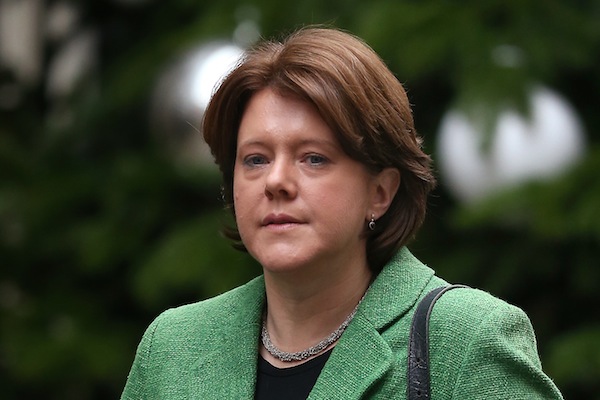Everyone seems to like talking about the ‘creative industries’ these days. For arts folk, it gives the impression that what they do is hard-edged and economically viable, it makes geeky people like programmers and software designers sound more interesting and it allows ministers to talk about rather slippery and intangible elements of the economy in the same way that they talk about manufacturing and financial services.
Ever since Labour culture secretary Chris Smith invented the ‘creative industries’ in 1998, this ingenious term has served both political and creative types well. Such has been the success of the UK’s creative industries that some more enlightened government circles began to understand that other sectors could learn from them. The high water mark came with the appointment of National Youth Theatre alumnus James Purnell as culture secretary. There was even some talk that we should be building a ‘creative economy’ to harness Britain’s talent for innovation.
On Monday I attended the launch of A Manifesto for the Creative Economy. This was published by Nesta (National Endowment for Science Technology and the Arts) which has banging the drum for the creative industries for the best part of a decade. The report’s author, Hasan Bakshi, spoke well about the hard facts and statistics behind the creative industries’ success story. (There are now whole academic departments set up to study this phenomenon). It is now well established that the creative sector forms a dynamic part of the British economy and one that has been relatively recession proof. The companion piece to the manifesto was republished on the same day by Creative and Cultural Skills. After the Crunch Revisited is a collection of essays on the creative sector’s response to the recession first published in 2009.
But has anyone been listening?
I was slightly surprised to find that I was the only journalist present at the launch of the manifesto and it was a shame that no minister or senior opposition politician was present. It felt just a little bit complacent: the creative industries are very good at talking to themselves but where, I wondered, was the politics or the engagement with the wider population?
Then came “that speech”. Maria Miller has been universally castigated for her comments about the future of the arts. But, in a sense, this is just the creative industries being beaten with its own rhetoric. ‘When times are tough and money is tight, our focus must be on culture’s impact,’ said Miller. If she had been present at the manifesto launch the day before she would have understood that the economic value of the arts to this country was established years ago.
Maria Miller’s speech was clumsy and she, or her advisers, clearly didn’t know that the evidence she seeks is already out there a hundred times over. She came to praise the arts and ended up sounding like a philistine. That is some achievement. But the senior figures in the arts falling over themselves to criticise Maria Miller should ask themselves why, despite all the manifestos and reports and campaigns, the message is not getting across? On the government side, although there is nothing wrong with politicians asking whether public expenditure on the arts is value for money, why does Maria Miller think it’s a good idea to alienate the creative community? The people who run the major arts organisations in this country generally do a rather brilliant job. These are not “luvvies”; these are effective leaders of big institutions. Ministers running big government departments could learn a lot from these people.
Ultimately, there needs to be action if we seriously believe there is a role for the creative industries in driving future economic recovery. But for that to happen, ministers and the arts world need to start talking to each other in a language both sides can understand.






Comments